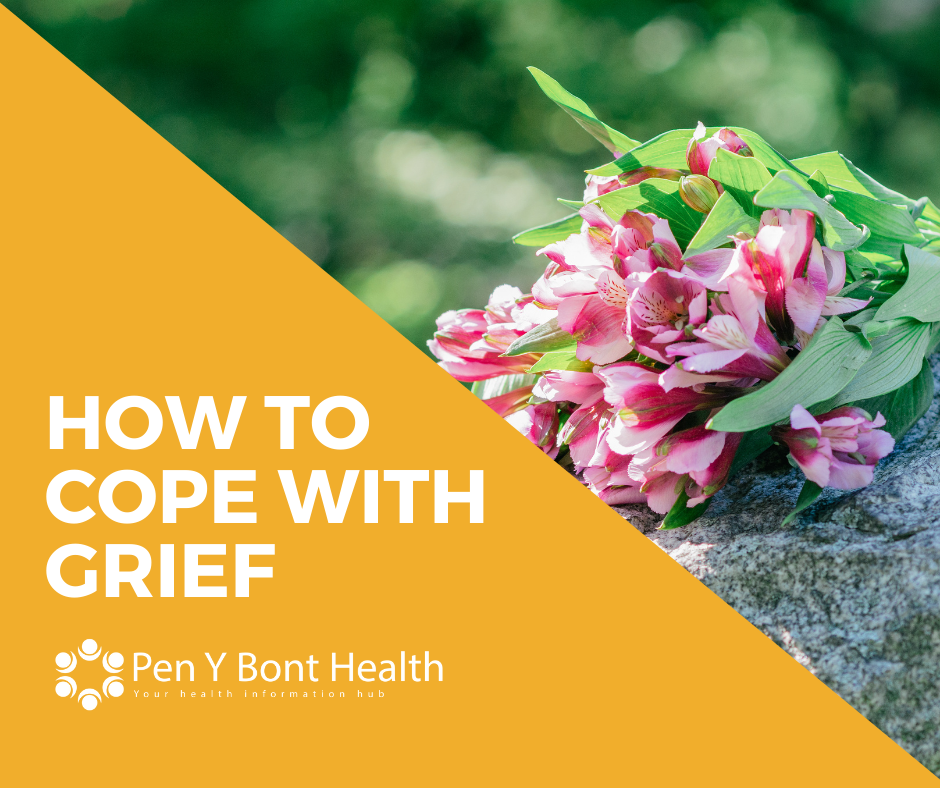
This year we are supporting The Good Grief Trust’s campaign to ‘spread the warmth’ this year. The Good Grief Trust is an organisation for the bereaved run by people who have experienced bereavement themselves. Before COVID-19, approximately 650,000 people died in the UK each year – at some point in all our lives we will be affected by grief and until then, many of us do not know how we will react. The Good Grief Trust aim to encourage more people to talk about grief and how they are feeling to help make the pain of grieving more bearable.
Going through a bereavement can be an extremely lonely and long process, yet many of us struggle with addressing it and how to support someone who is grieving.
Christmas can be an especially tough time of year for those grieving, as the social pressures and extra merriment can heighten feelings of loss. There are many things you can do for yourself or for someone that is grieving to help them through this difficult time. As you try to cope with the emotional tragedy that is death, the following thoughts may be helpful.
Take your Time
In many cases, people feel numb after losing someone close to them. It is important to recognise this feeling and take time to process what has happened. You may be experiencing different emotions; relief that the person is not suffering anymore, anger, sadness or guilt. If it is someone close to you that has passed, you may be feeling panicked about what has to be done or what now lies ahead. All feelings, even if they are not listed above, are completely normal and although they feel horrible at the time, they need to happen in order for you to process the grief.. In the first few days, allow yourself time to:
- Take in what has happened
- Talk about the person that has passed
- Feel the pain and the loneliness
- Look after yourself
Do whatever feels right for you
There is no handbook about how one should react after someone passes. Everyone is different and will react to death in different ways. There is no correct or incorrect way to grieve, do it your own way, in your own time and try not to compare how one person handles their grief to someone else or your own experiences with grief.
Look after yourself
Most importantly, you need to make sure you are looking after yourself when grieving. Although difficult, you should try to eat a healthy balanced diet and avoid drinking too much alcohol. Surrounding yourself with the right people is also important, perhaps you want to be with others that are grieving or maybe you want to be around those that are not. Your body may be more susceptible to pain when you are grieving as there is an overwhelming amount of stress hormones that can be released. Effectively these stun the muscles which can cause back pain, headaches and stiffness. All feelings of pain should pass however, if you feel they are not then talk to your GP.
There are several points we want to share that we feel are important to know as someone who is grieving or someone who is supporting those bereaved:
- Grief is a normal process and is part of being human, we all have feelings
- Grief is a journey, some days you will feel better and some days you will feel worst
- There are no shortcuts, you need to take your time. It often takes much longer than you would expect
- Some people can grieve and live but others can’t, that is OK. Remember it is not bad to find yourself not thinking about those that have passed
- Grief is scary and can lead to depression and even thoughts of suicide. While it is normal to feel these when bereaved it always helps to talk to someone about your feelings.
Finally, and most importantly, try not to expect too much from yourself and know when to ask for help. The death of someone is a major event,so take as much time as you need to process it. Everyone has lost someone so reach out to someone you can trust whether that be a friend, family member, GP or religious leader. Below are charities and organisations that are there to listen and help when you are grieving.
24 hour support lines
Samaritans (for everyone) 116 123
Silverline (for over 50s) 0800 470 8090
DAY TIME SUPPORT LINES
Sudden Bereavement Helpline (The Good Grief Trust) 0800 2600 400
Grief Talk 0808 802 0111
Child Bereavement UK 0800 0288 840
Sands (for those affected by the death of a baby) 0808 164 332
